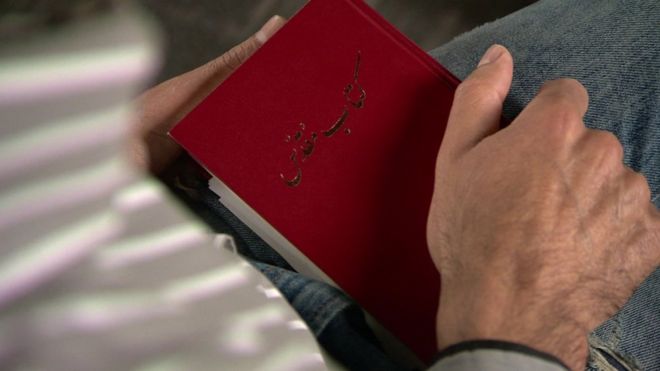Asylum seekers claiming religious persecution as Christian converts may have their claims inconsistently tested and arbitrarily decided, the BBC reported over the weekend.
The all-party parliamentary group on international religious freedom says … that too often officials are asking about Bible trivia, rather than probing what someone really believes.
And this “lack of understanding of religion and belief” is leading to the wrong people being rejected – meaning they could be forced out when they have genuinely been persecuted. …
“The problem with those questions is that if you are not genuine you can learn the answers, and if you are genuine, you may not know the answers,” says Baroness Berridge, who heads the parliamentary group behind the report.
“When the system did move on to ask about the lived reality of people’s faith, we then found that caseworkers, who are making decisions which can be life or death for people, were not properly supported and trained properly.”
The Rev. Mark Miller, whose parish church in Stockton-on-Tees in the northeast of England includes a number of Iranian refugees, advises the Home Office on the claims of such seekers.
“The asylum assessors have a real challenge on their hands,” he says. “If you’ve come to faith in an underground house church, where you’ve been able to borrow a New Testament for a week and have encountered the risen Lord Jesus, you’re not going to know when the date of Pentecost is.”
The head of the British Pakistani Christian Association admits that he has had suspicions about a few converts attending church until the Home Office has approved their claims, but argues that there are easier ways to stay in the UK.
Wilson Chowdhry of the British Pakistani Christian Association says he’s had occasional suspicions of bogus converts – people who attend services until they’ve convinced the Home Office they’re genuine.
But he says that they are a rare sight for two reasons: there are so few converts in the first place and those who do switch can face awful prejudice in their own communities.
Mohammed arrived in the UK from Iran, smuggled in under a lorry. He was baptized in Greece during his journey across Europe. He failed his asylum interview, in which he was asked the color of the cover of the Bible. His, he said, is red. He was also asked to recite the Ten Commandments.
“I could not name them all from memory,” he said. He is now fighting to stay in the UK. The Home Office, in the meantime, is studying the parliamentary report.
Read the whole BBC story here.
Featured image: Farsi Bible with red cover, via the BBC

